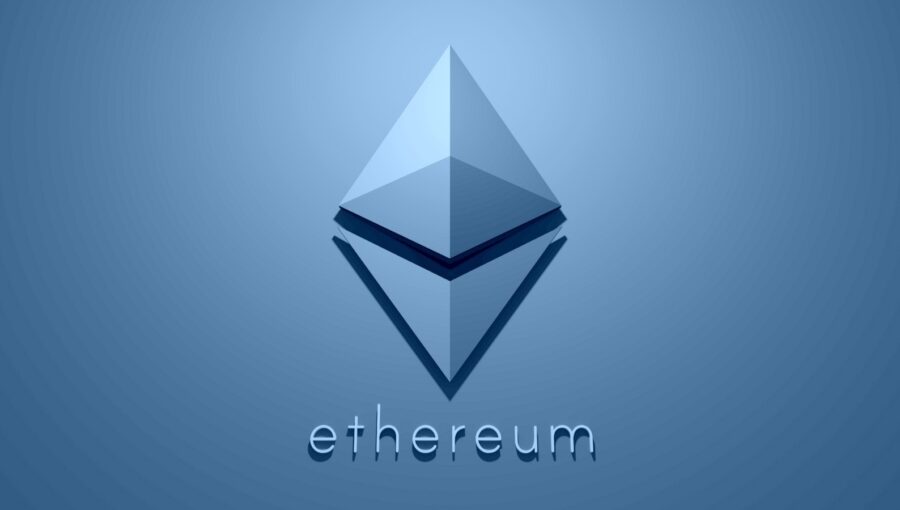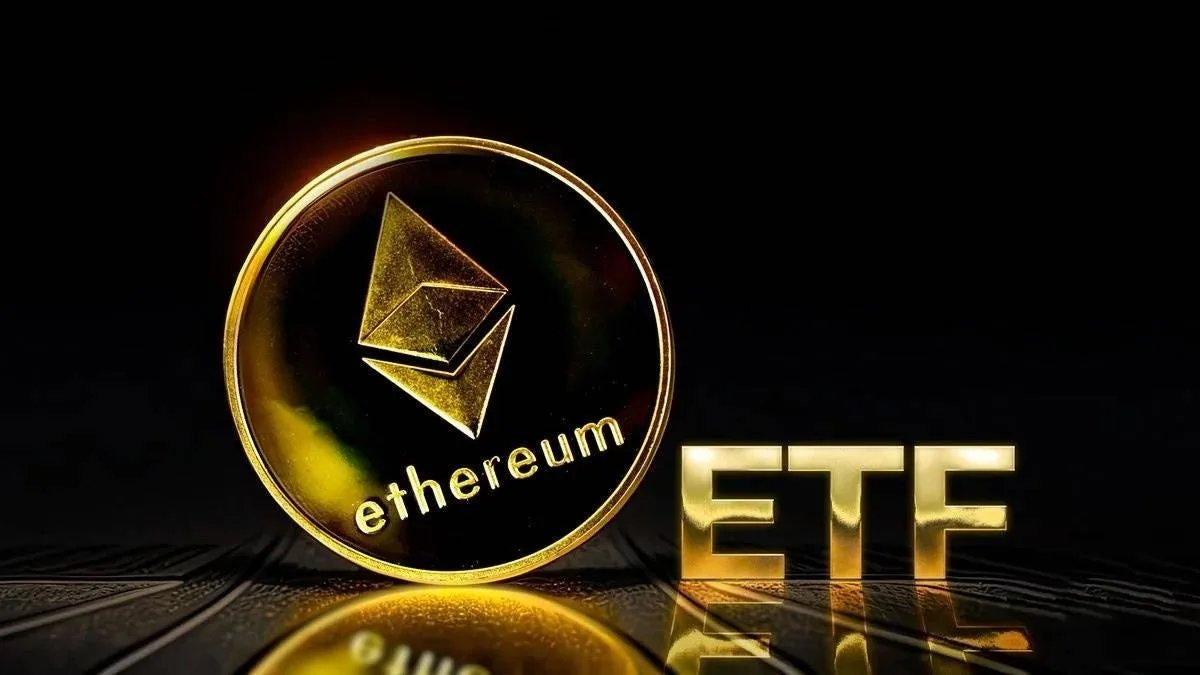|
Getting your Trinity Audio player ready...
|
Ethereum’s reputation as a deflationary asset, long a key selling point for investors, is increasingly under scrutiny following its Dencun upgrade in March 2024. Once hailed as “ultra-sound money,” Ethereum is now issuing more tokens than it burns, raising questions about its long-term value proposition. While the network continues to advance as a cornerstone of decentralized applications (dApps), the conversation surrounding ETH’s role as a form of money is reigniting within the crypto community.
The Deflationary Dilemma
Since Ethereum’s transition from proof-of-work (PoW) to proof-of-stake (PoS) with The Merge in 2022, ETH had been marketed as a deflationary asset. In this model, transaction fees—often referred to as gas fees—burn a portion of the ETH used, reducing its supply and driving up its value. However, this narrative is unraveling. Post-Dencun, Ethereum’s supply has started increasing again, with over 13,000 new ETH tokens added in the past week alone.
Data from BeInCrypto reveals that despite this inflationary trend, Ethereum’s price has climbed to $2,546, marking a 5% increase since the start of the recent trading session. Yet, the long-term implications of Ethereum’s growing supply on its price remain a point of concern for many investors.
Ethereum: Money or Utility?
The fading deflationary status raises a critical question: Was Ethereum ever meant to be a form of money? Péter Szilágyi, a prominent figure in the Ethereum ecosystem, recently suggested that Ethereum’s true value lies not in its monetary status but in its utility. As a utility token, Ethereum fuels decentralized applications, decentralized finance (DeFi), and smart contracts—core components of the blockchain’s ecosystem.
DCinvestor, a widely-followed figure on X (formerly Twitter), echoed Szilágyi’s sentiment, arguing that Ethereum, like many digital assets, derives its value from its use cases. Viewing ETH solely as “money” limits its potential. This stance aligns with earlier statements made during a 2019 panel discussion with Ethereum co-founders Vitalik Buterin and Joe Lubin, who suggested that Ethereum could serve as money only if its community chose to adopt that narrative.
Vitalik Buterin has consistently emphasized Ethereum’s role as a foundational network for decentralized applications rather than a direct competitor to fiat currencies. At the recent Token2049 conference in Singapore, Buterin discussed the continued importance of Layer-2 solutions, which aim to lower transaction fees and speed up confirmation times. He stressed that the network’s evolution is tied to a delicate balance between mainstream adoption and Ethereum’s core principles of decentralization and open-source development.
Despite these advancements, Buterin acknowledged that Ethereum’s rising supply, particularly since the Dencun upgrade, complicates the deflationary promise. The inflationary trend reflects Ethereum’s primary role as a utility token rather than a store of value like Bitcoin, which maintains its status as a finite supply asset.
Also Read: Ethereum, Solana, And XRP Poised For 15%-23% Gains – Key Levels To Watch For Autumn Breakouts
What’s Next for Ethereum?
As Ethereum’s deflationary allure wanes, its future remains tied to its ability to scale and continue serving as the foundation for decentralized applications. While the “money” narrative may be fading, Ethereum’s broader role in the blockchain ecosystem remains as critical as ever.
For long-term ETH holders, this shift may require recalibrating expectations. Ethereum’s value may no longer lie in scarcity but in its unparalleled utility across DeFi, NFTs, and decentralized governance. Whether Ethereum should be considered “money” or not is still up for debate, but its importance to the blockchain space is undeniable.
Disclaimer: The information in this article is for general purposes only and does not constitute financial advice. The author’s views are personal and may not reflect the views of Chain Affairs. Before making any investment decisions, you should always conduct your own research. Chain Affairs is not responsible for any financial losses.
A lifelong learner with a thirst for knowledge, I am constantly seeking to understand the intricacies of the crypto world. Through my writing, I aim to share my insights and perspectives on the latest developments in the industry. I believe that crypto has the potential to create a more inclusive and equitable financial system, and I am committed to using my writing to promote its positive impact on the world.




